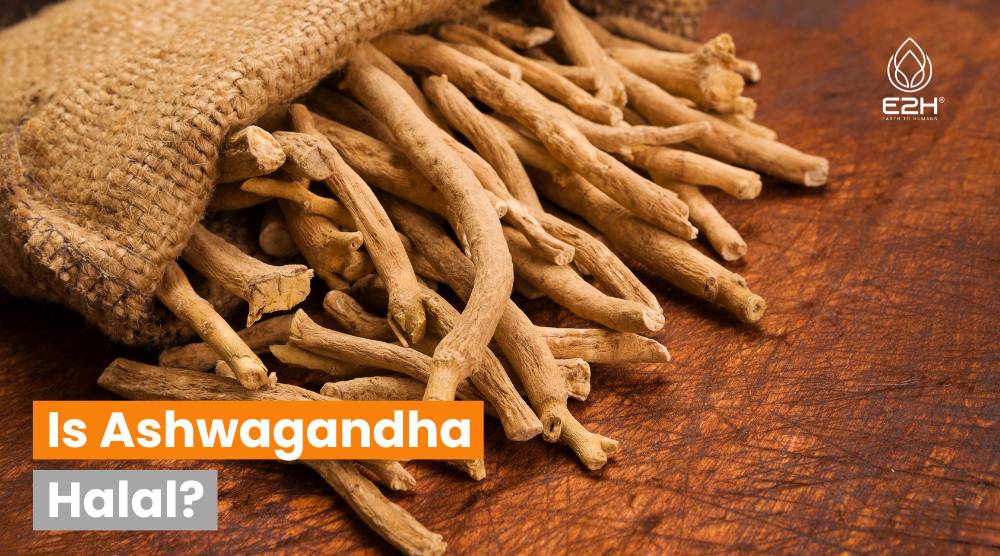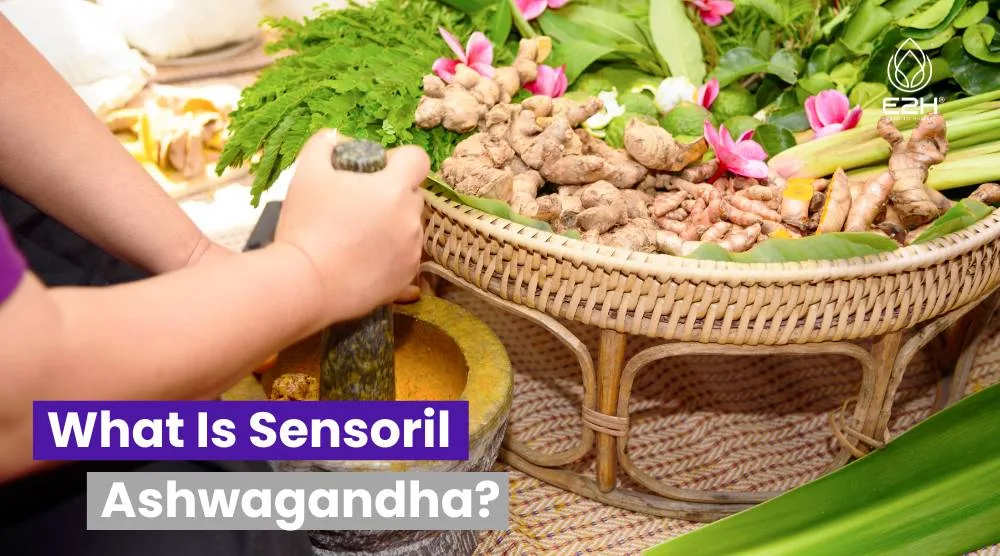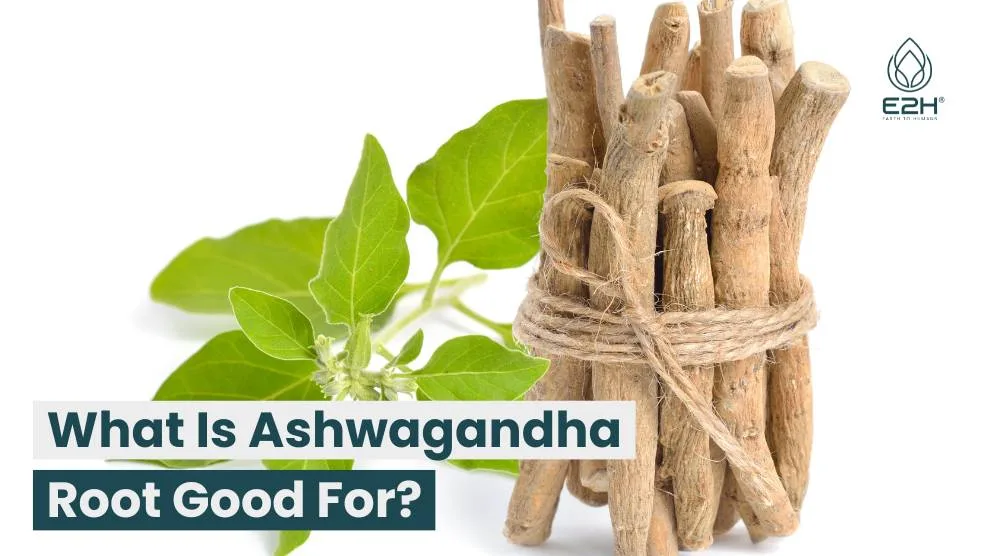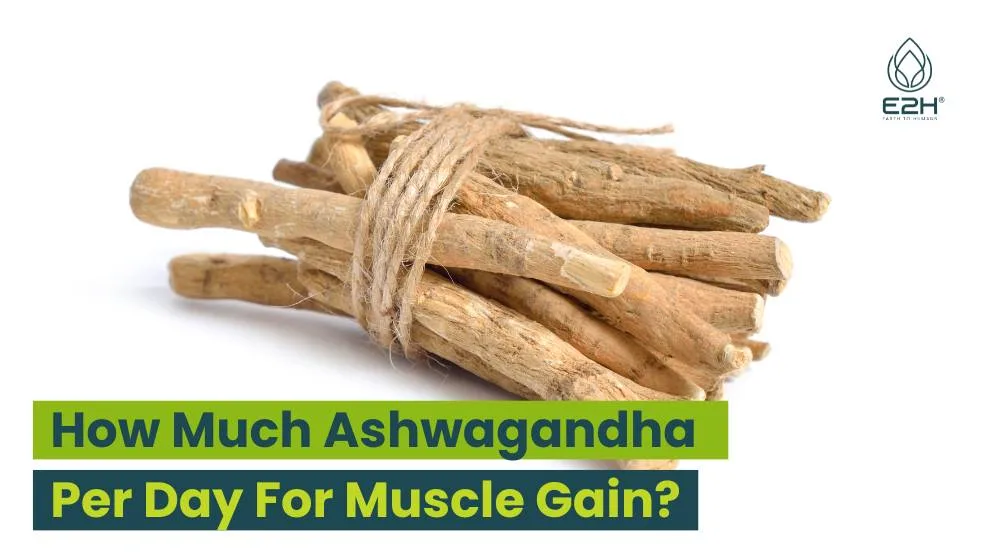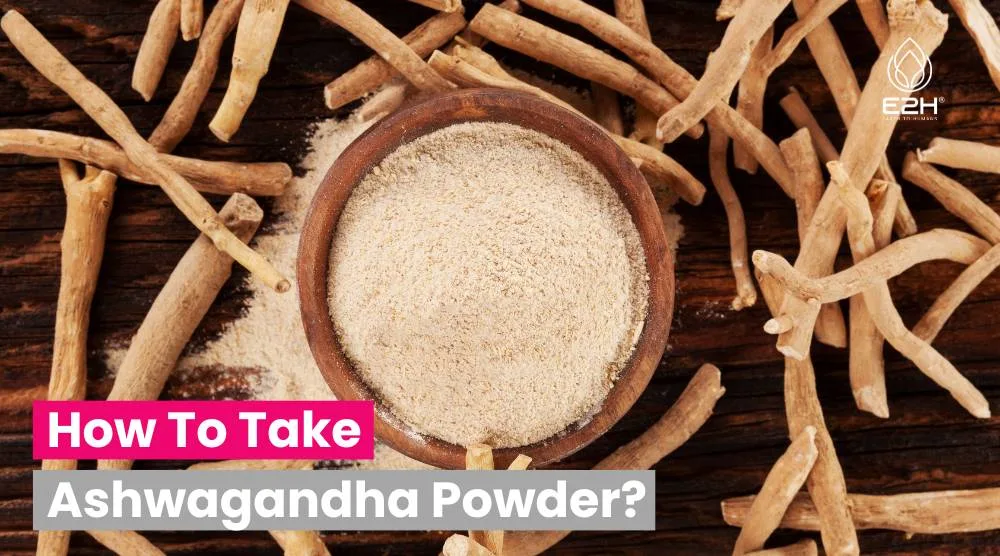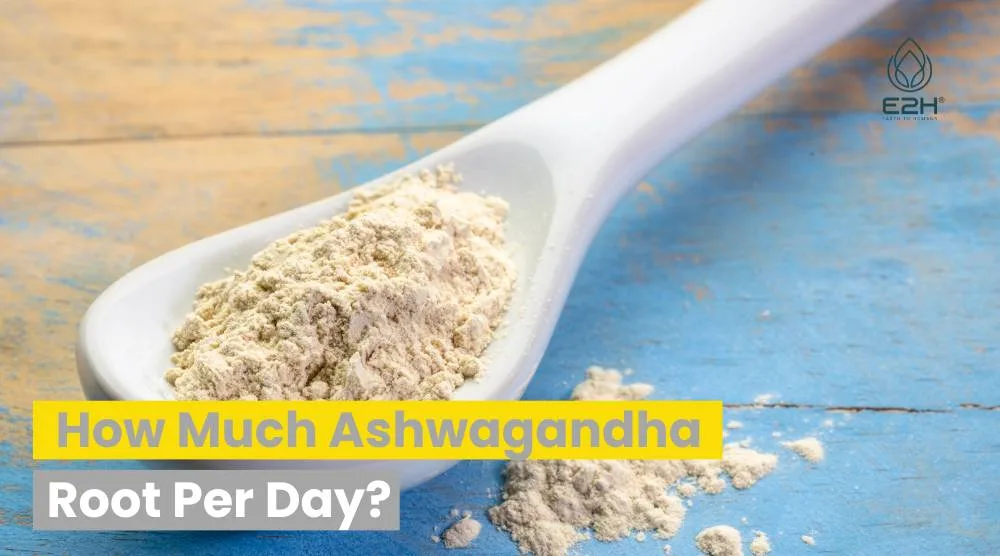Is Ashwagandha Halal: Ashwagandha is generally considered halal as it’s a natural herb and not explicitly forbidden in Islamic teachings. However, checking for halal certification is advised.
Curious about how Ashwagandha fits into your lifestyle while respecting Islamic principles? Keep reading to understand its benefits and guidelines for use.
Is Ashwagandha considered halal according to Islamic law?
In Islamic law, Ashwagandha, a natural herb widely used in Ayurvedic medicine, is generally considered halal. This is because, in Islam, substances are presumed permissible unless explicitly prohibited, and Ashwagandha is not specifically mentioned in Islamic texts. However, the halal status of Ashwagandha can depend on its form and preparation.

If the supplement contains any ingredients that are haram, such as alcohol or impure substances, its use becomes impermissible. Therefore, Muslims are advised to check for halal certification or ensure the product is free from any haram components. The key is to ensure that the Ashwagandha product adheres to Islamic dietary laws, which emphasize purity and safety.
Are there specific guidelines on the permissibility of Ashwagandha in Islam?
- Source Verification: Ensure the Ashwagandha is sourced from a halal-certified provider.
- Ingredient Check: Review all ingredients in the supplement for any haram substances.
- Certification: Look for halal certification on the product.
- Purity Assurance: Confirm that the product is free from contaminants and impurities.
- Form of Consumption: Ensure the form in which Ashwagandha is consumed is permissible (e.g., capsules, powder).
- Moderation: Use Ashwagandha in moderation, in line with Islamic principles of balance.
- Intention: The purpose of consumption should be for legitimate health benefits, not for intoxication or harmful purposes.
How do Islamic scholars interpret Ashwagandha’s halal status?
Islamic scholars typically interpret the halal status of Ashwagandha through the lens of Islamic dietary laws and principles. Since Ashwagandha is not explicitly mentioned in the Quran or Hadith, scholars rely on the general principle that all things are permissible unless proven otherwise. They examine the nature and composition of Ashwagandha supplements to determine their compliance with Islamic law.
Scholars consider whether the supplement contains any haram ingredients or is processed in a way that might contaminate it with impermissible substances. The interpretation can vary among scholars, with some emphasizing the need for halal certification, while others may focus on the absence of haram ingredients. Ultimately, the guidance of knowledgeable Islamic scholars is sought to ensure that the consumption of Ashwagandha aligns with Islamic dietary laws and ethical considerations.
Are there guidelines for Ashwagandha use during Ramadan for Muslims?
For Muslims observing Ramadan, the use of Ashwagandha requires careful consideration. Since fasting from dawn until sunset is a key aspect of Ramadan, Muslims must ensure that consuming Ashwagandha does not break their fast. Generally, Ashwagandha is permissible to consume during Ramadan as it is not considered food or drink that would invalidate the fast. However, it should be taken outside of the fasting hours, either during Suhoor (pre-dawn meal) or Iftar (meal to break the fast).

Additionally, the intention behind using Ashwagandha should be for maintaining health and well-being, aligning with the spirit of Ramadan, which emphasizes self-discipline and spiritual growth. Muslims are encouraged to be mindful of the timing and reason for using Ashwagandha during this holy month, ensuring it complements their spiritual and physical well-being.
How to verify halal ingredients in Ashwagandha supplements?
Verifying halal ingredients in Ashwagandha supplements involves several steps. Firstly, look for a halal certification mark on the product, which indicates that the supplement meets Islamic dietary standards. It’s important to research the certifying body to ensure its credibility. Secondly, read the ingredient list carefully to check for any haram substances like alcohol or animal-derived ingredients not permissible in Islam.
Additionally, consider the manufacturing process; the facility should not process haram products to avoid cross-contamination. If in doubt, contact the manufacturer for detailed information about the sourcing and processing of ingredients. This due diligence ensures that the Ashwagandha supplements align with Islamic dietary laws.
Is consulting Islamic scholars necessary for Ashwagandha users?
While not mandatory, consulting Islamic scholars about using Ashwagandha can be beneficial, especially when there are doubts about its halal status. Scholars, with their deep understanding of Islamic law and principles, can provide guidance on whether the consumption of Ashwagandha aligns with Islamic teachings.
They can help interpret the ingredients and manufacturing process in the context of Islamic dietary laws. This consultation is particularly useful when the halal certification is unclear or absent. Seeking advice from scholars can offer reassurance and ensure that one’s use of Ashwagandha does not conflict with their religious beliefs and practices.
Precautions for pregnant and breastfeeding Muslim women using Ashwagandha?
For pregnant and breastfeeding Muslim women, using Ashwagandha requires caution. While Ashwagandha is a natural supplement, its effects on pregnancy and breastfeeding are not fully understood. It’s important to ensure that the supplement does not contain any ingredients harmful to the mother or the baby.
Pregnant and breastfeeding women should be particularly cautious about the dosage and form of Ashwagandha they use. It’s advisable to prioritize safety and avoid using supplements that have not been proven safe during these sensitive periods. Consulting with knowledgeable individuals about the suitability of Ashwagandha during pregnancy and breastfeeding can provide additional safety assurance.
What are the health and spiritual benefits of Ashwagandha?
| Health Benefits | Spiritual Benefits |
|---|---|
| Reduces stress and anxiety | Enhances mental clarity, aiding in meditation and spiritual practices |
| Improves cognitive function | Promotes emotional balance, supporting spiritual well-being |
| Strengthens the immune system | Helps in achieving a state of calm, beneficial for spiritual reflection |
| Has anti-inflammatory properties | Can aid in physical wellness, indirectly supporting spiritual pursuits |
| Enhances energy levels | Supports overall well-being, which is conducive to spiritual growth |

How can Muslims verify the halal authenticity of other supplements?
- Look for Halal Certification: Check for a recognized halal certification mark on the product.
- Research the Certifying Body: Ensure the certifying organization is reputable and trustworthy.
- Ingredient Analysis: Carefully read the ingredient list for any haram substances.
- Manufacturer Inquiry: Contact the manufacturer for detailed information on ingredient sourcing and processing.
- Avoid Cross-Contamination: Ensure the manufacturing facility does not process haram products.
- Community Resources: Seek advice from local Islamic organizations or community leaders knowledgeable about halal products.
- Online Research: Utilize online resources and databases that list halal-certified products and manufacturers.
- Consult Islamic Scholars: When in doubt, seek guidance from Islamic scholars or knowledgeable individuals in the community.
FAQs For ‘Is Ashwagandha Halal?’
Is ashwagandha naturally halal?
Yes, ashwagandha is naturally halal as it is a herb and does not contain any animal products or forbidden substances.
Can ashwagandha supplements be non-halal?
Yes, if they contain gelatin or other non-halal additives, ashwagandha supplements can be non-halal.
Are there specific certifications to look for in halal ashwagandha products?
Look for certifications from recognized halal certification bodies on the product packaging.
Does the method of processing ashwagandha affect its halal status?
Yes, if processed with alcohol or non-halal substances, it can affect its halal status.
Is it important to check the source of ashwagandha for halal compliance?
Yes, knowing the source ensures it hasn’t been cross-contaminated with non-halal substances.
Conclusion
While ashwagandha itself is halal, careful consideration is needed when choosing supplements. Checking for halal certifications and being aware of the processing methods and ingredients is crucial. This ensures that your choice aligns with halal dietary guidelines, supporting both your physical health and spiritual peace of mind. Stay informed and confident in your choices!
